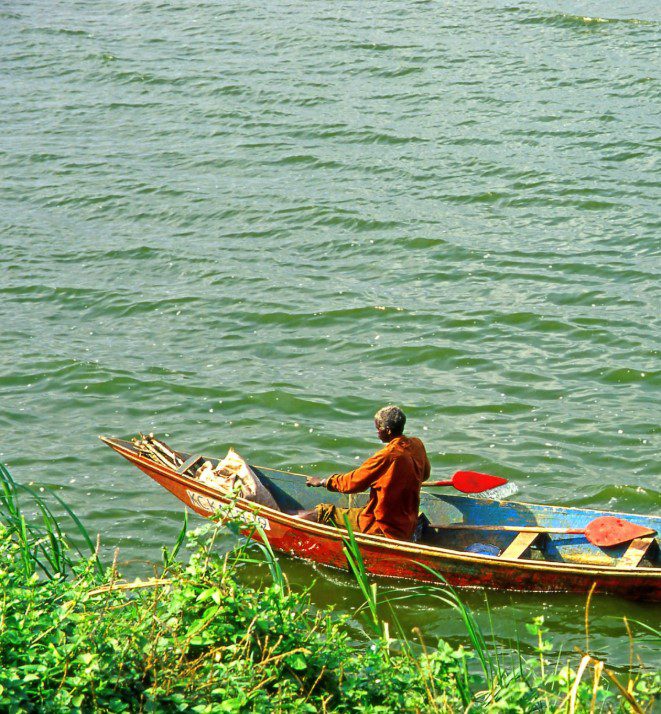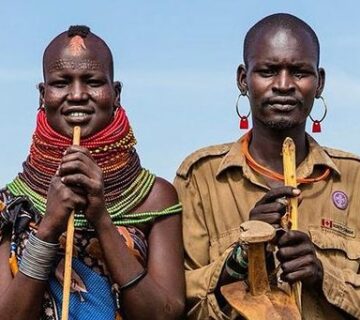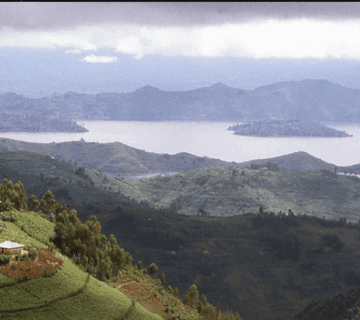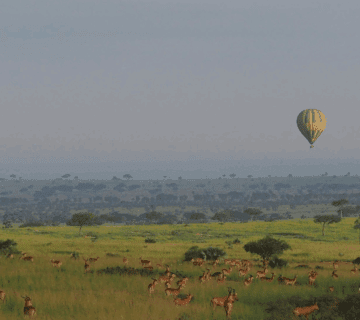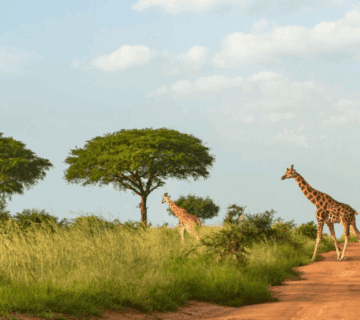How Much Does a Fishing Safari Cost? A Journey into Adventure, Nature, and Value
There’s something timeless and deeply fulfilling about casting a line into wild waters, surrounded by pristine landscapes, listening to the hush of nature, and waiting for that one thrilling tug. A fishing safari is more than a recreational escape; it’s a soulful connection with the wilderness, a time to unplug from the world and reconnect with yourself. Whether you’re standing on the banks of the Nile in Uganda, drifting down the Zambezi in Zimbabwe, or floating across Lake Victoria, the experience promises not just fish but unforgettable memories.
Fishing safaris in Africa have grown in popularity over the years, drawing passionate anglers and curious adventurers from all corners of the globe. But many first-time travelers and seasoned explorers alike often ask: how much does a fishing safari actually cost? In this post, we’ll dive into the real costs behind this unique experience, and what factors influence the price from locations and accommodations to permits and gear.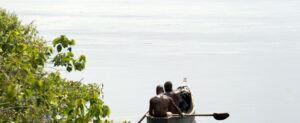
Understanding the Basics: What Is a Fishing Safari?
A fishing safari blends traditional safari travel with world-class angling. It can take place on rivers, lakes, or coastlines, often in regions teeming with wildlife and stunning landscapes. These safaris typically target species like tigerfish, Nile perch, catfish, tilapia, and even tarpon, depending on where you go. What sets them apart is the fusion of sport, wildlife viewing, and remote, often luxurious, travel experiences.
Unlike conventional safaris, fishing safaris often offer flexibility in timing and pacing, allowing you to immerse yourself fully in both fishing and the natural environment.
The Average Cost of a Fishing Safari
The cost of a fishing safari can vary widely based on several factors. On average, you can expect to spend anywhere from $1,500 to $6,000 per person for a multi-day fishing safari in Africa. Here’s a general breakdown:
Budget Fishing Safari: $1,500 – $2,500 per person for 3 to 5 days.
Mid-range Safari: $2,800 – $4,000 per person for 5 to 7 days.
Luxury Fishing Safari: $4,500 – $6,000+ per person for 7 to 10 days.
These figures typically include accommodation, meals, fishing permits, guide services, and boat usage. However, there may be variations depending on the destination and the level of exclusivity you choose.
Key Factors That Influence the Cost
Let’s explore what contributes to the cost of a fishing safari so you can better plan your trip and choose what fits your style and budget.
1. Destination and Accessibility
The cost of your fishing safari largely depends on where you go. Some of the most popular fishing safari destinations include:
Uganda and Tanzania – for Nile perch and tilapia, particularly on the Nile River or Lake Victoria.
Zambia and Zimbabwe – on the Zambezi River, known for its powerful tigerfish.
Botswana – in the Okavango Delta, offering a unique blend of fishing and wildlife.
Namibia – for river fishing and some coastal opportunities.
Remote locations may involve chartered flights or long 4×4 drives, which can increase the total cost. The more off-the-grid the location, the more exclusive (and often expensive) the experience.
2. Length of Stay
Naturally, the longer your safari, the higher the cost. Most fishing safaris range from 3 to 10 days. Shorter trips are more affordable and perfect for travelers with limited time, while longer expeditions offer a deeper, more immersive experience especially in more isolated locations.
3. Accommodation Type
From basic bush camps with shared facilities to high-end lodges with private guides, accommodation plays a major role in determining your safari budget. Budget options may include rustic tents and local guesthouses, while luxury lodges often come with en-suite rooms, gourmet meals, swimming pools, and even spa services.
If you’re staying near a national park or on a private reserve, you may also enjoy game drives and wildlife walks as part of the package.
4. Fishing Equipment and Permits
Some packages include all necessary gear—rods, reels, bait, and safety equipment. Others may require you to bring your own or rent at an additional fee. Permit fees also vary by country and fishing zone, ranging from $20 to $100 or more per person for the duration of your safari. Specialized fishing licenses, especially in protected areas or game reserves, may carry extra costs.
5. Guiding and Boat Services
A professional fishing guide is essential, especially when navigating large rivers or unfamiliar terrain. Expert guides not only help improve your catch rate but also ensure safety and provide local insight. Private boat hire, fuel costs, and guide fees are often bundled into the price, but in some cases, these services may be offered at an additional cost, especially on a pay-per-use basis.
6. Season and Timing
The fishing season can impact the cost and availability of safaris. Peak fishing seasons when water levels are ideal and fish are most active often attract more travelers, leading to higher prices. In East Africa, the dry season from June to October is particularly popular, while southern Africa sees its best fishing from April to November. Booking in shoulder seasons can sometimes offer better deals, though weather and fish activity may vary.
7. Extras and Add-ons
Some safaris offer additional activities such as bird watching, cultural visits, walking safaris, or game drives. These can add value to your trip but might come with additional charges. Be sure to clarify what’s included in your chosen package.
Also, consider whether international flights, travel insurance, gratuities, and personal expenses are included or need to be budgeted separately. On average, round-trip flights to Africa can range from $700 to $1,500 depending on your departure country and season.
Tips for Making the Most of Your Fishing Safari Budget
Book early to secure the best rates, especially for peak seasons.
Travel in a group to reduce per-person costs on private boats and guides.
Compare packages from multiple operators to ensure you’re getting value.
Ask what’s included—gear, meals, transfers, and permits—so there are no surprises.
Be flexible with travel dates to take advantage of seasonal discounts.
Is a Fishing Safari Worth the Cost?
Absolutely. The value of a fishing safari lies not just in the number of fish you catch, but in the overall experience the landscapes you witness, the people you meet, the wildlife you encounter, and the peace you find in nature. For many travelers, it’s a once-in-a-lifetime opportunity that becomes a cherished memory.
There’s a unique magic in watching the sun rise over the river as you cast your line, in hearing the splash of a giant perch breaking the surface, and in laughing with your guide over a freshly grilled catch as elephants roam in the distance. The stories you gather on a fishing safari are worth far more than the price tag.
Final Thoughts
A fishing safari offers a rare kind of adventurem one where patience, skill, and nature align. While the costs can vary based on destination, duration, and comfort level, there’s a safari out there for every kind of traveler. Whether you’re an experienced angler or a curious beginner, Africa’s waters invite you to cast your line into the wild and reel in something unforgettable.

